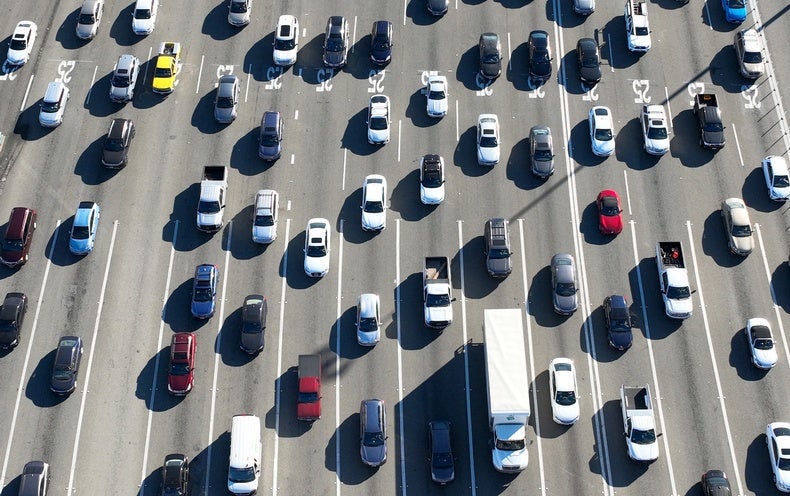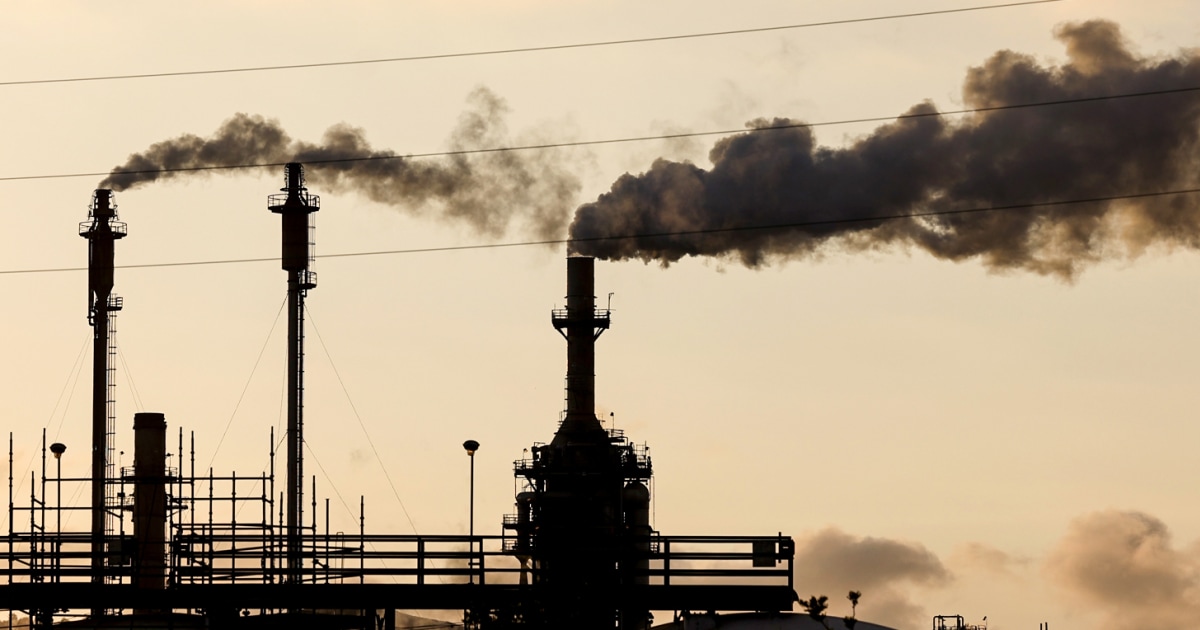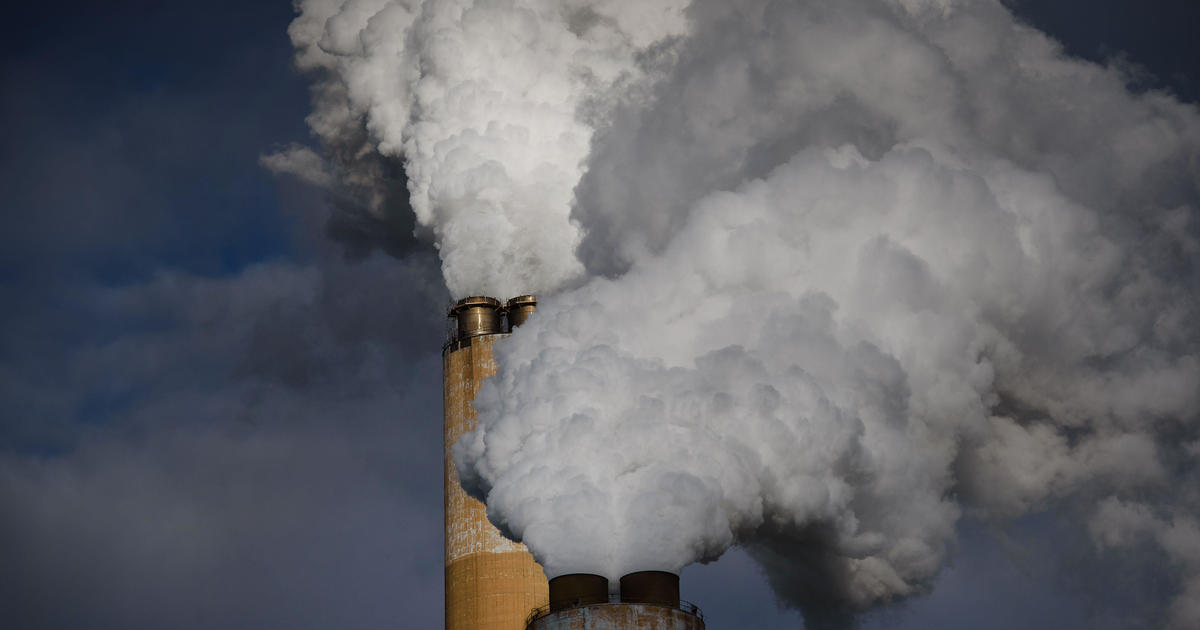US Announces Stricter Vehicle Emissions Standards

The Facts
The Biden administration Wednesday imposed what the Environmental Protection Agency (EPA) called its "strongest-ever vehicle pollution" norms in an effort to hasten carmakers' transition to zero-emission vehicles.
The standards will apply to car and light-duty truck models produced in 2027-2032. The EPA estimates they will save consumers nearly $46B in annual fuel costs and nearly $16B in maintenance through 2055.
The Spin
Democratic narrative
Biden is successfully striking a balance between giving hybrid vehicles a bigger opportunity and balancing climate goals with industrial capabilities and consumer choice. Although these standards are less stringent than the ones originally proposed, they offer flexibility and acknowledge the challenges automakers face.
Republican narrative
In attempting to end the era of gas-powered cars, Biden is willing to burden middle-class consumers and damage the US auto industry by subsidizing EVs for those wealthy enough to afford them. Moreover, there are still unanswered questions about the environmental impact of battery production and electricity generation. This is a bad policy.
Progressive narrative
These new rules are inadequate to tackle the climate crisis. They're too gradual and there are loopholes that favor automakers. Delaying steep EV sales growth until after 2030 is a mistake amid urgent climate concerns and smells like concessions made to the auto industry and organized labor, which values jobs and profits over protecting the environment.








